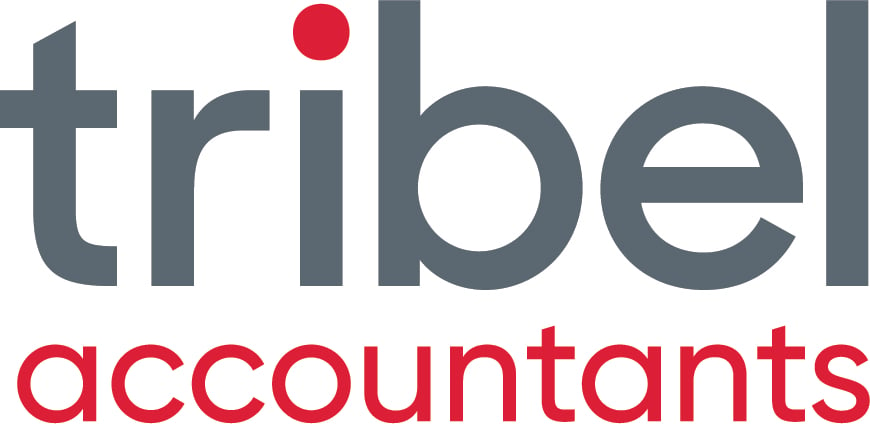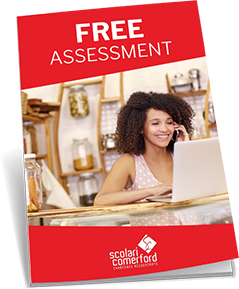INTRODUCTION
When performing a business valuation, I often get asked what makes a business so valuable? What are buyers looking for?
Sadly for those that are looking to sell, they often find out too late to increase the value when the could have acted on these attributes years earlier.
So what are the 6 key areas that prospective purchasers are looking for when paying top dollar.

1. Small owner reliance
Nobody wants to buy a business that needs them to be there 110% of the time or if they do, they won't want to be paying a high price for the business.
Can your business run without you? Would it pass the 3 month absence test if something happened to you?
Consider implementing:
- Strong systems for every facet of your business;
- Design a "how to" Policies and Procedures manual.
2. strong history of profits
Does your business have strong profits and are they consistent pretty much year in year out?
- Review your last 3 years' profit and loss statements;
- Adjust for any once off unusual expenses or lines that the business wouldn't normally have to incur (expensive car running costs, legal fees, set up costs for new product lines etc);
- Add back interest expense and take off interest income;
- Allow a reasonable salary in the profit and loss for any owner salaries given the time spent in the business. Look at market salaries for the work you do and then compare to what is in the accounts. Add back or take off the difference so that the bottom line reflects a correct salary.
- If you own the building, do the accounts reflect a market rate of rent paid? If not, adjust accordingly.
Now review what is known as the Adjusted EBIT (Earnings Before Interest & Tax). This is what most business valuers will use to assess their business valuations and usually apply a business multiple (usually 1 to 5 times the average Adjusted EBIT).
If there is no solid history of profits they will consider other methods such as value of assets (Net Tangible Assets) or Cost To Create the business for example.

3. Great cash flow
Businesses with great cash flow get higher money on sale than those that have their monies tied up in stock, work in progress or debtors. Does your business convert its profits into cash quickly or does it struggle constantly for cash in the bank?
Perform the following:
- Do a cash flow forecast;
- The best cash flow forecasts are 3 way budgets;
- Analyse key performance indicators of cash such as debtor days, supplier days, inventory days;
- Put in place strategies to improve these;
- Monitor these monthly or quarterly with your accountants Sydney or business advisors.
4. Good spread of customers
Does your business rely on a small number of customers? If so, be aware that anyone looking to buy your business will see a risk that should any of these go (retire, well, close down or sell), the profitability could be seriously compromised and therefore they will pay a much a lower price.
- Try and reduce customer reliance with more customers;
- Where possible, lock customers into long term supply contracts.
5. key team members
Any valuable business has great team members. Happy team members tend to stay in their job and this is a key area that any business valuer or purchaser will assess.
Does your team have:
- Stability of employment;
- Employment contracts in place with restraint of trade clauses:
- Above average levels of salaries;
- Incentives such as bonuses or other non-cash reward systems?
6. recurring levels of income
If your fortunate to have a business that has what is known as recurring levels of income then generally you can expect a much higher business multiple. Subscription based businesses that have customers that keep paying on a monthly, quarterly or yearly basis (usually via direct debit) can be seen as potential gold mines.
Can your business set up at last some sort of recurring type level of income? Maybe support fees?
CONCLUSION:
I have outlined some of the charecteristics above that business owners should consider when attempting to make their business much more valuable. Get your business growth strategy to consider these and don't wait to look at these when it's time to sell. Implement these traits now, enjoy the extra profits over the years and then reap the higher business valuation when you decide it's time to go!


.png?width=100&height=100&name=COVID_Safe_Badge_Digital%20(002).png)



